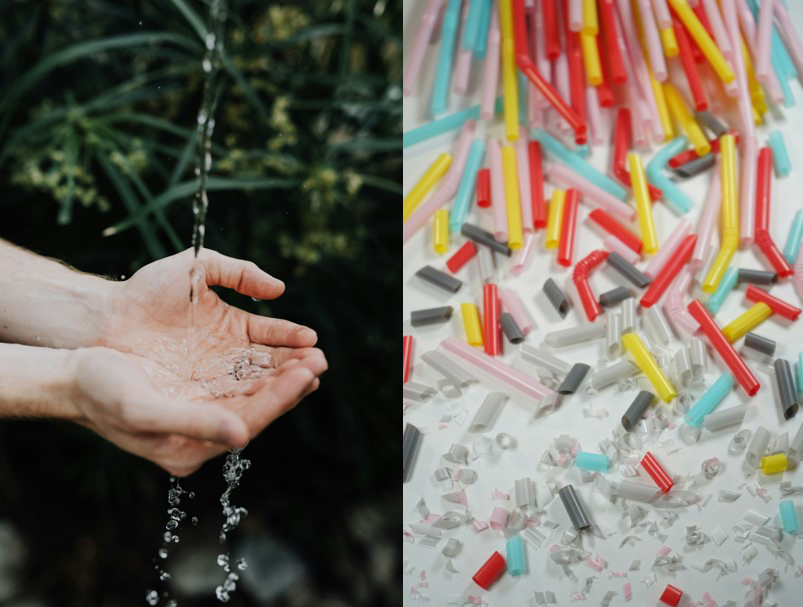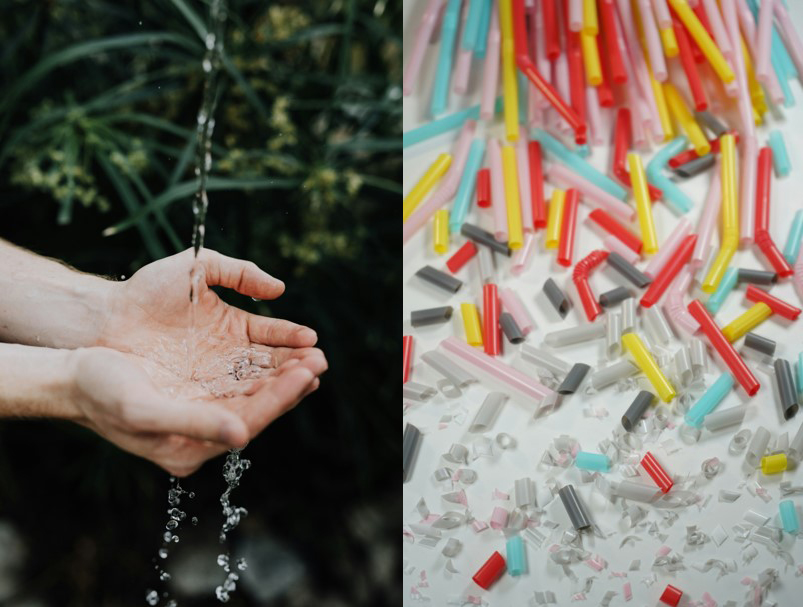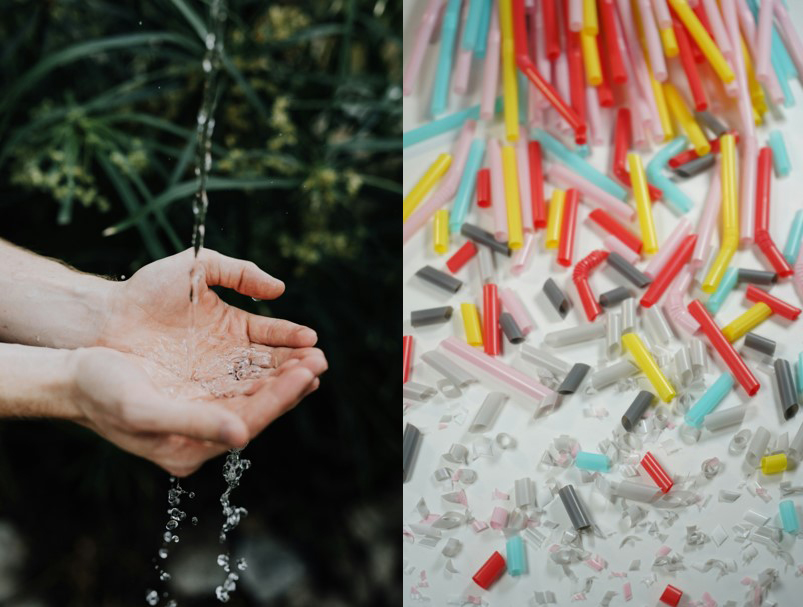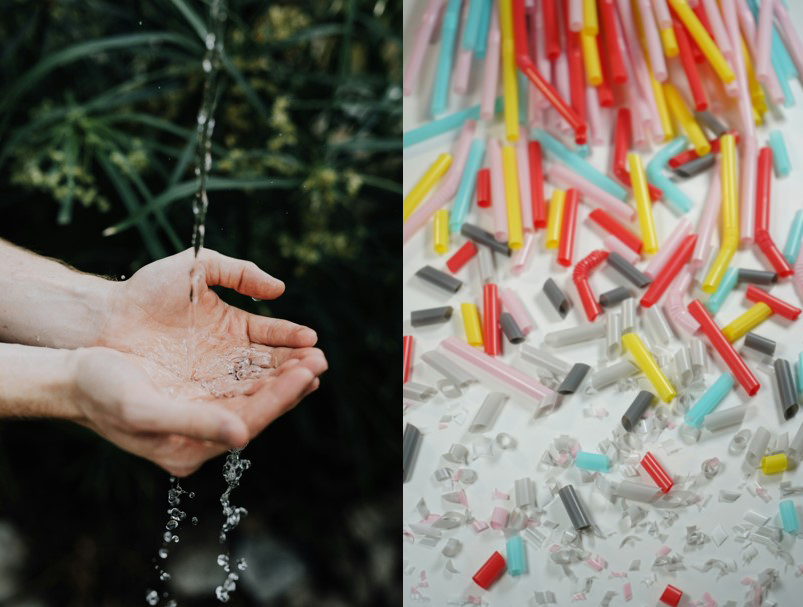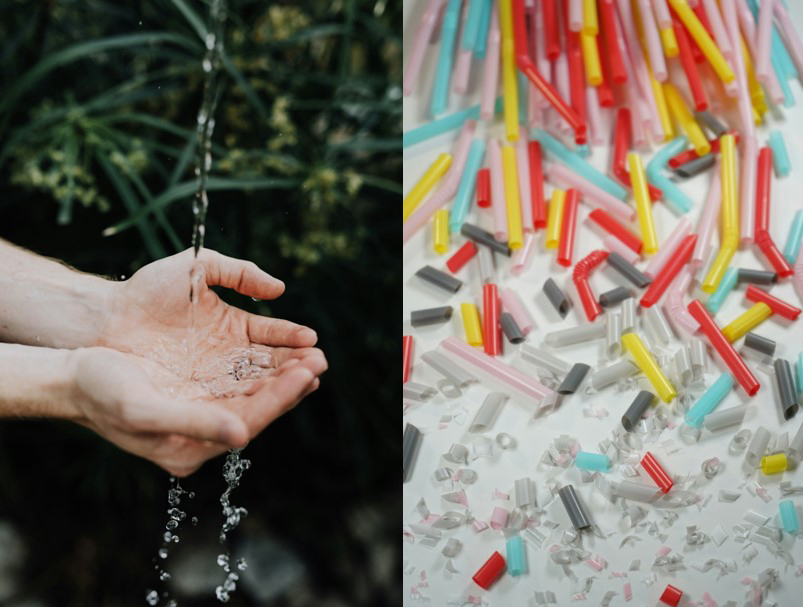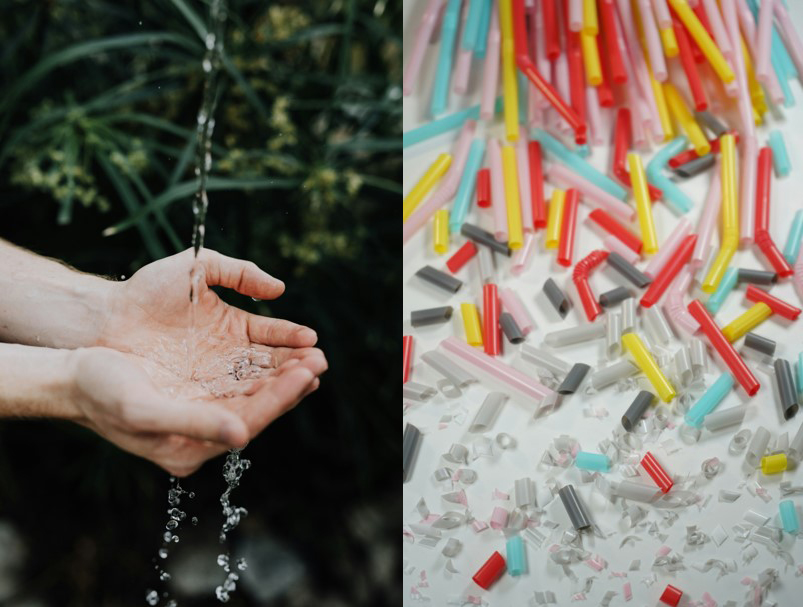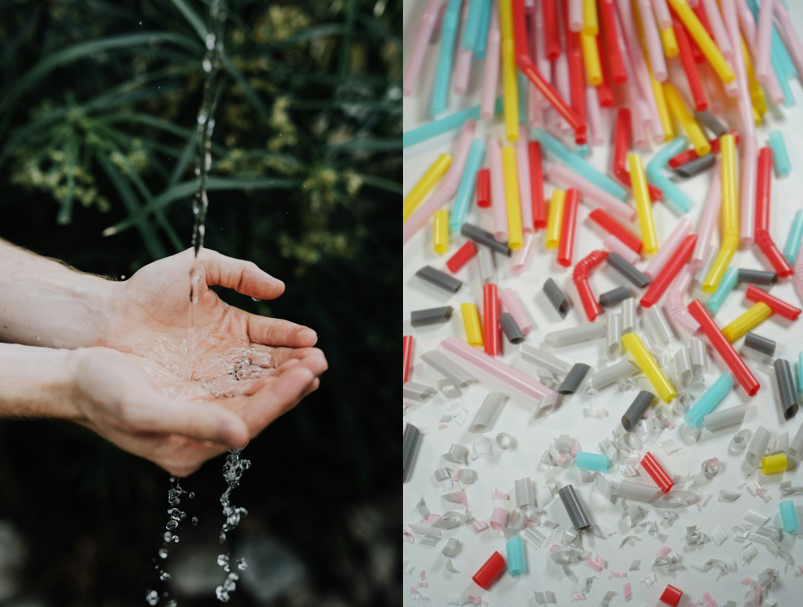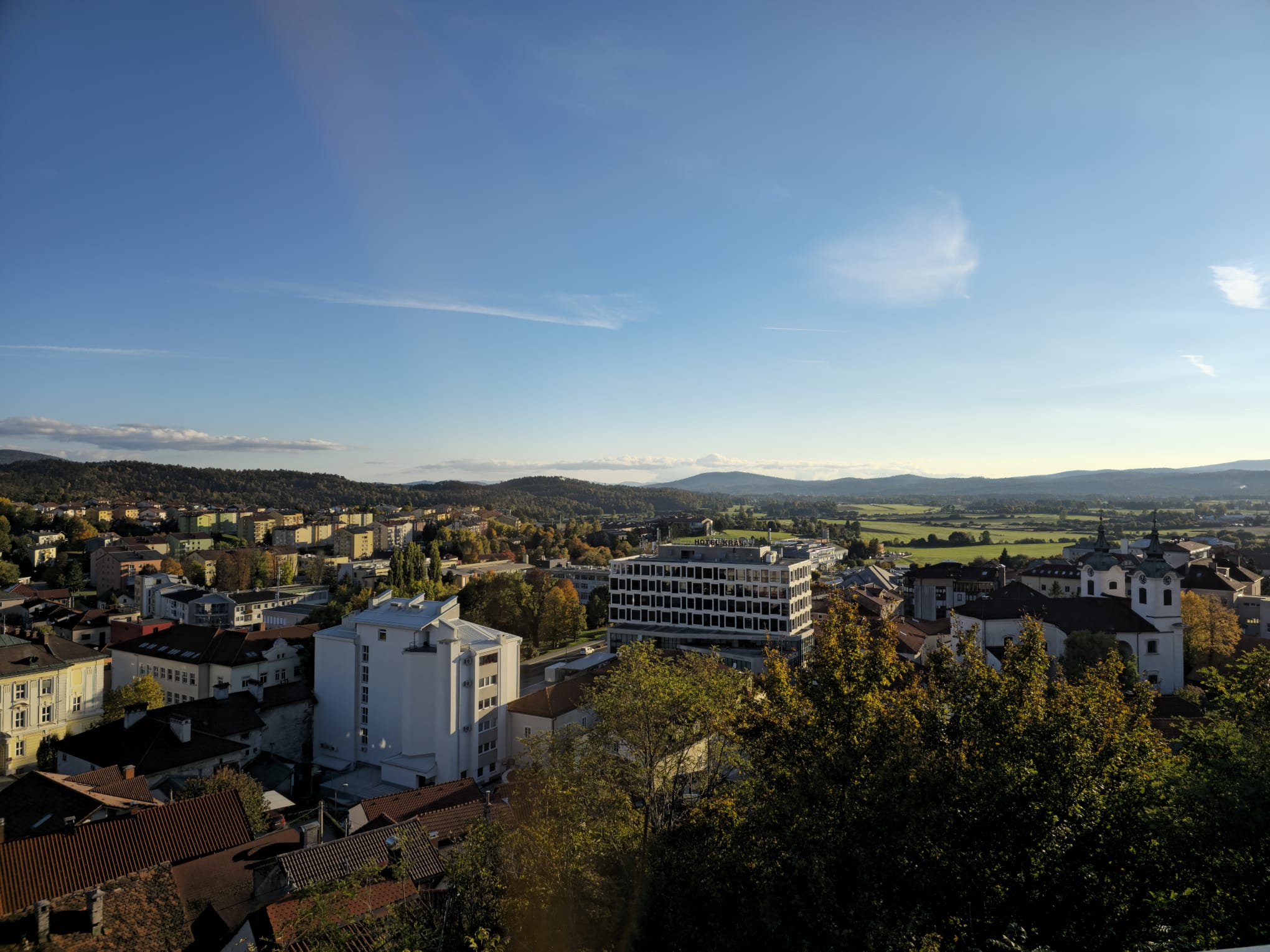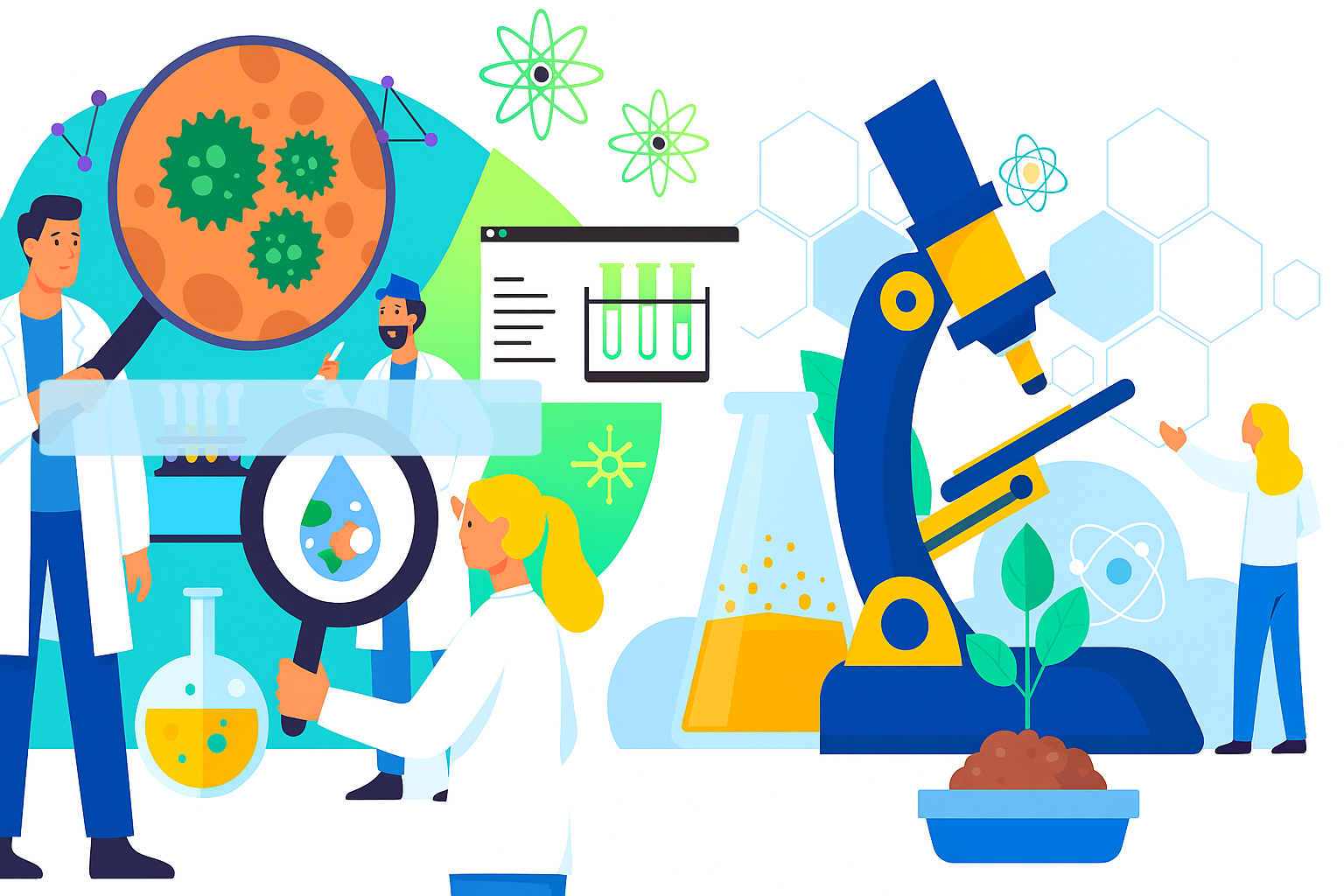MicroDrink
MicroDrink's main objective is to enhance capacity building & governance at different levels for management & prevention of MP pollution in drinking water resources of Danube region (AT, BA, CZ, DE, HU, HR, SI, RS) by strengthening policy & decision makers’ knowledge & ensuring their collaboration with practitioners & scientific community. MicroDrink will jointly collect, valorise & extend existing knowledge on sampling, analysis, mitigation & prevention of MP in drinking water environment.
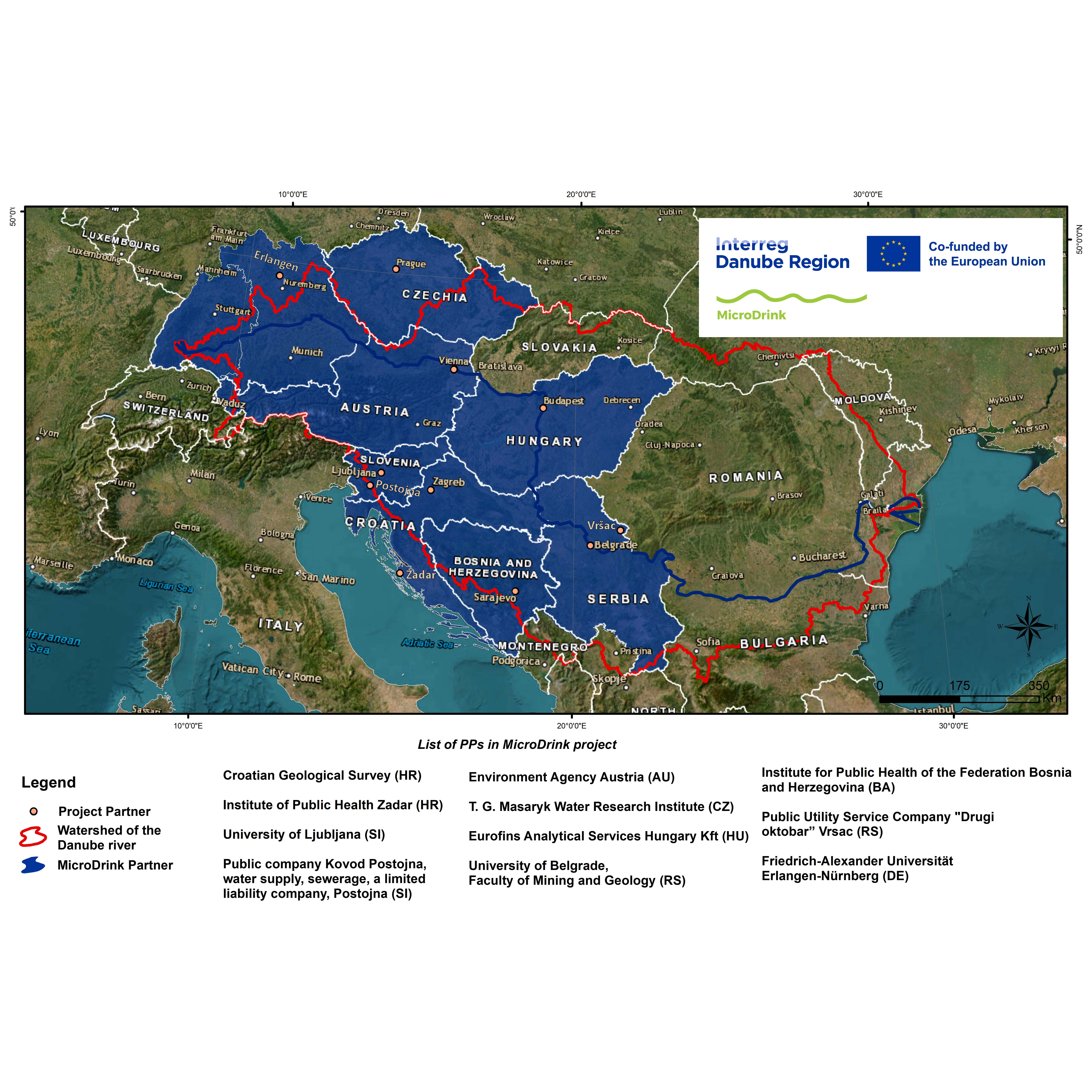
Microplastics (MP) are becoming pollutant of concern, as each year 75000–300000 t are released in Europe's environment. Most recent environmental MP risk is related to Covid-19 and disposal of surgical masks, an overlooked pollution source. According to Joint Danube Survey 4 (JDS4) conducted in 2019, which established a baseline of MP occurrence in the Danube River Basin (DRB), MP was found along the whole Danube, its major tributaries and in aquatic organisms, with polyethylene being the most abundant component usually used in plastic bottles and packaging. Continuous and global emission of MP in DRB contributes to permanent pollution of ecosystems and consequently food chains. Exposure of living organisms leads to (eco)toxic impairments. In contrast to well researched seawater, occurrence and detrimental effects of MP in surface water and groundwater especially those used for drinking water supply of DRB region remain largely unexplored territory. Lack of integrated MP management in water environment is currently one of crucial challenges that DRB countries need to adequately address. Effective monitoring tools, as well as improved and integrated policies to mitigate MP emission and reduce pollution are urgently needed. MP continuously flows in Danube River reaching the Black sea with daily plastic litter load of 4.2 t, and such pollution knows no administrative boundaries. MicroDrink is a follow-up of boDEREC-CE which focused on emerging contaminants in drinking water, recognized MP pollution as a common DRB challenge that can only be tackled with strong transboundary cooperation. MicroDrink aims to build and strengthen institutional, managerial and technical capacity of practitioners, decision-makers and policy governance at different levels and raise public awareness on this urgent environmental problem in DRB.
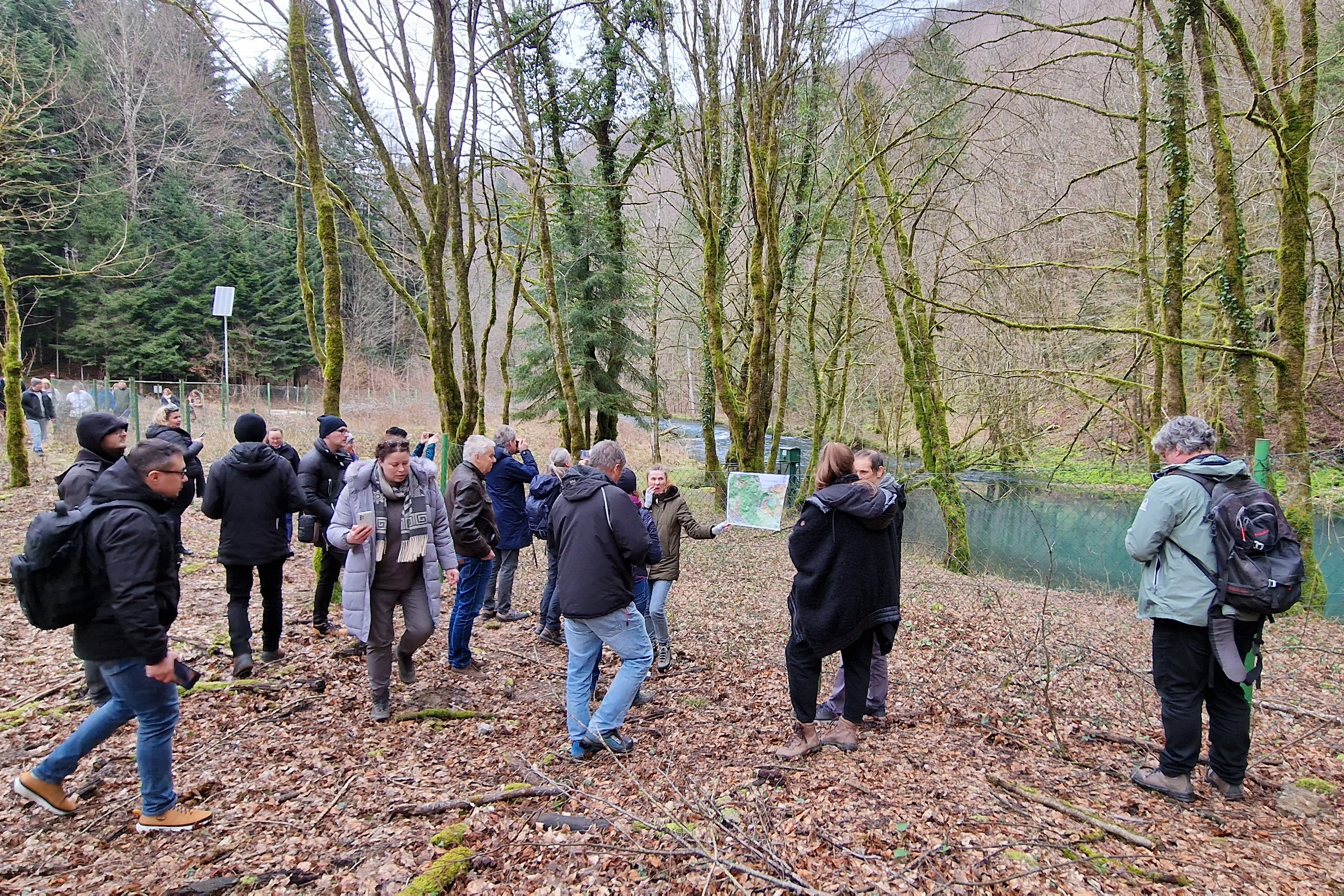
Directive 2020/2184 on the quality of water intended for human consumption (EU DWD) identified MP as potentially hazardous substances and included it on watch list mechanism monitoring from 2024. The European Commission aims to find an analytical methodology for MP in drinking water, in order to carry out a complete risk assessment by 2029. Pre-condition for this is elaboration and acceptance of harmonised sampling and analytical methods. This is where MicroDrink steps in, by supporting cross-border and cross-sector cooperation, exchange of knowledge and experience regarding MP sampling, analysis, monitoring and risk assessment in DRB drinking water resources. MicroDrink aims to make Danube region more resilient to MP pollution by closing the knowledge gaps regarding MP through open online MicroDrink knowledge base offering comprehensive review of MP sampling methods, laboratory instruments and analytical techniques, establishing and maintain synergies with past and current EU projects dealing with DRB water management and protection, engaging relevant national and transnational stakeholders via targeted meetings, workshops and events. MicroDrink’s innovative approach is implementation of MP approach harmonized at EU and non-EU level, tested in designated transboundary pilot sites where MP will be monitored in 9 pilot actions equally distributed in 3 clusters (karst, intergranular, surface/river bank filtration) representative of the vast majority of DRB drinking water resource types. MicroDrink aims to enhance governance of MP at different levels in DRB, by strengthening policy & decision makers’ knowledge and collaboration, and providing them with tested Decision-making support tool for MP and comprehensive transnational capacity building Roadmap towards MP strategy and strategic recommendations for MP management in drinking water resources at water facility and transnational levels. The project outputs and results will build sound foundation for future activities in DRB aimed at assessing MP related risks, hazards and impacts on environment and human health. MicroDrink transboundary and cross-sector collaboration in EU and non-EU countries will foster active engagement of all key actors across DRB, preparing them for efficient implementation or adaptation of EU DWD, increasing the resilience of water supply systems against MP by providing the water supplier with a decision-making support tool for selecting optimal measures and choosing adequate actions towards mitigation of MP. Water supply is currently endangered with climate changes, and hydraulic models forecast decreased water quantities that subsequently lead to increased MP concentrations in drinking water. Thus, MicroDrink will aim to improve quality of drinking water in DRB. We also aim to raise the awareness and influence the behaviour of water supply end users by introducing them to good practices for prevention of MP pollution via municipal waste.
Watch our webinars on microplastics sampling, analysis and general state of the art!
Micro(Knowledge) transfer webinar for sampling, laboratory instruments and analytical techniques
https://www.youtube.com/watch?v=mDf1rDUInDs
This webinar, led by Eurofins, addresses the knowledge gaps of relevant stakeholders regarding existing sampling methods, laboratory instruments and analytical techniques in the Danube River Basin, and presents a video demonstration of the practical use of sampling equipment as prescribed in the Commission Delegated Decision (EU) 2024/1441, supplementing the EU Drinking Water Directive.
Micro(Knowledge) transfer webinar on general state of the art of microplastics in drinking water resources
https://www.youtube.com/watch?v=hTBPuioZt38
This webinar, also led by Eurofins, aims to fill in the knowledge gaps of relevant stakeholders regarding the occurrence of microplastics (MP) in various hydrological environments in the Danube River Basin under different anthropogenic pressures. It includes an overview of existing microplastics-related legislation, including the EU Drinking Water Directive (DWD) and the potential inclusion of microplastics in the next watch list of substances and compounds of concern for water intended for human consumption.
Both webinars are available to be viewed on our YouTube channel: https://www.youtube.com/@MicroDrink_Interreg_DRP.
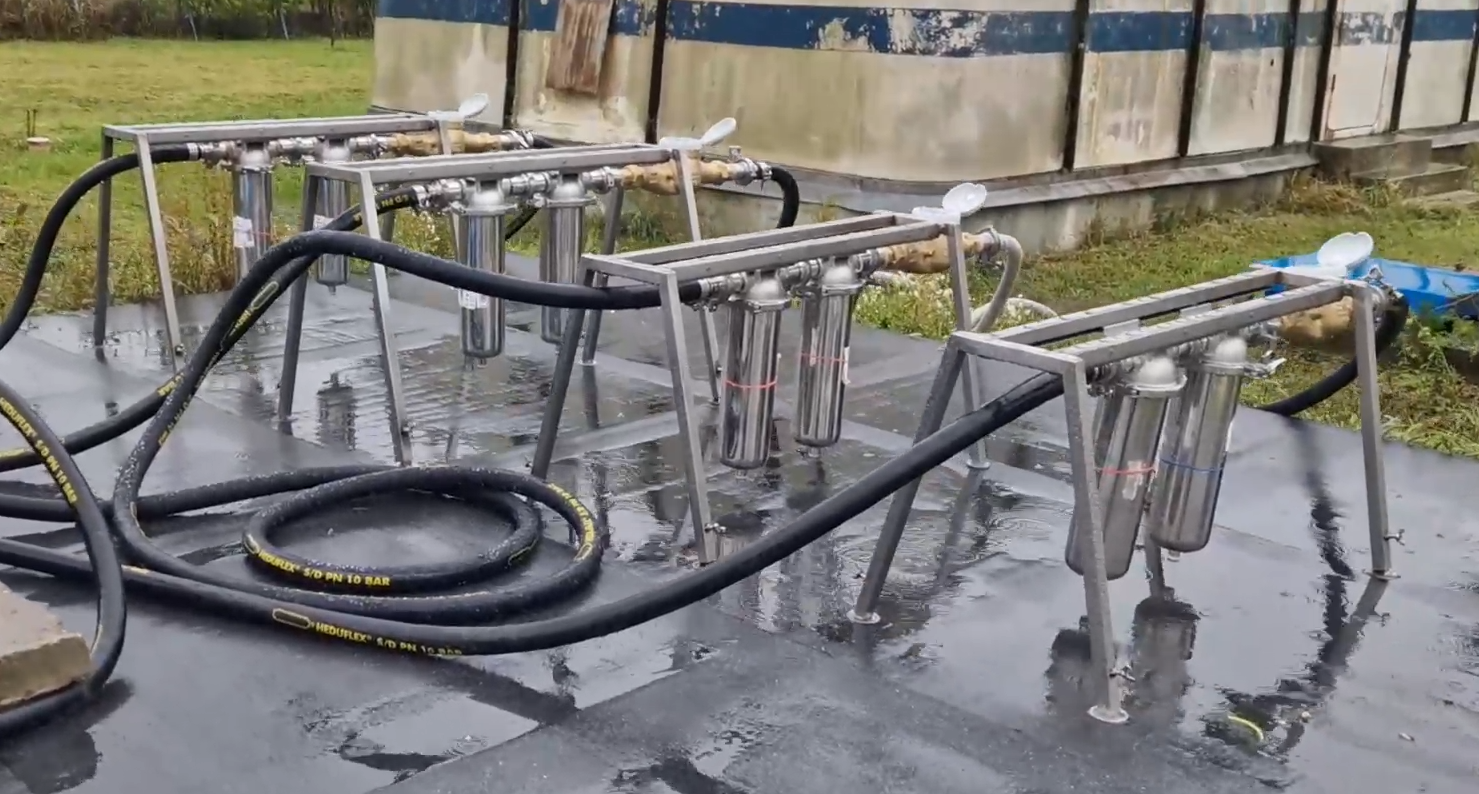
News & Events
Read the most recent updates and explore the upcoming events.
Project overview
Need any help? Contact us!
Communication Manager
University of Belgrade, Faculty of Mining and Geology
Lead Partner
Croatian Geological Survey

